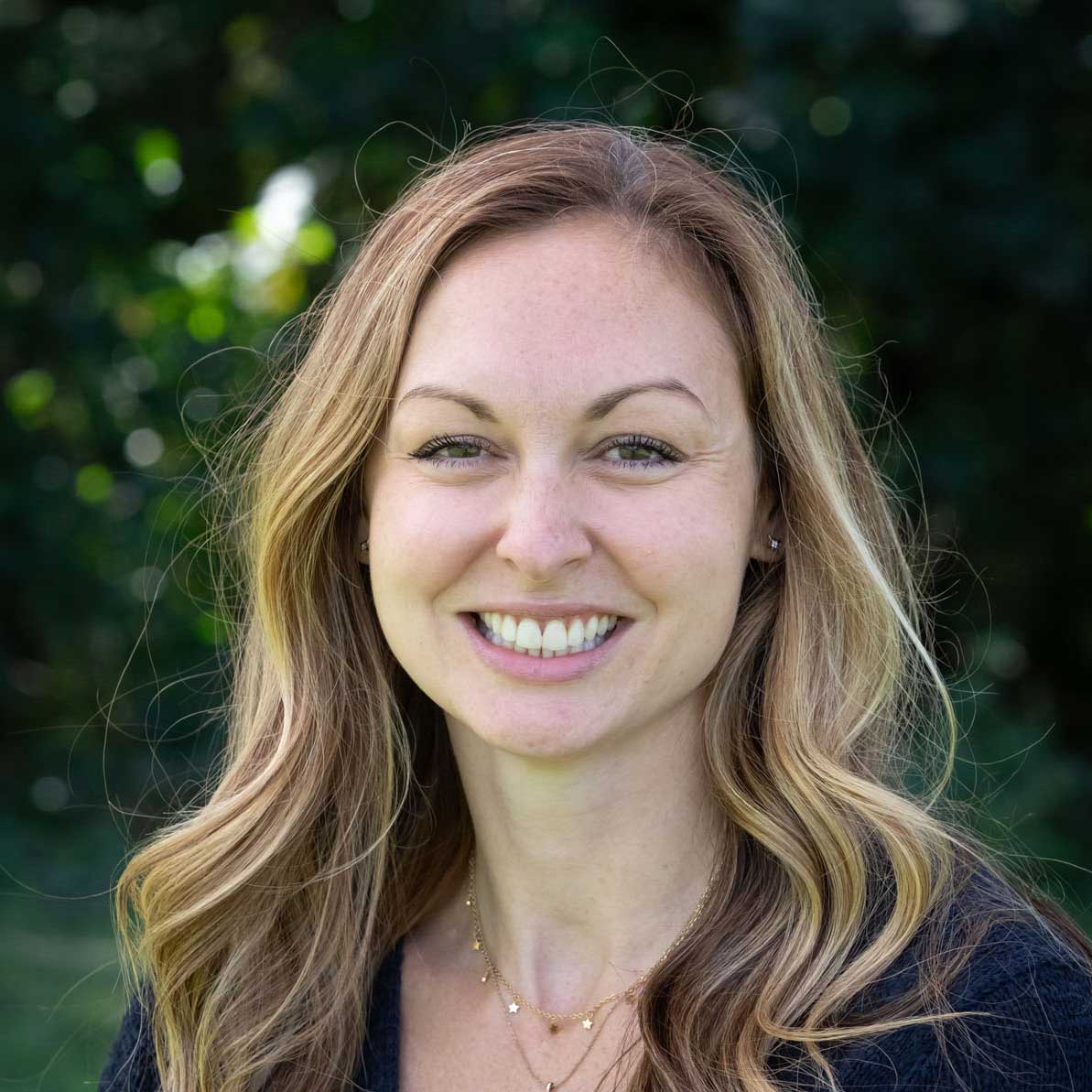“What Does Philanthropy Mean to You?” I posed this question to my colleagues at a faculty meeting in September. The responses varied along quite a spectrum, from the skeptical (robber barons) to the altruistic (helping others.) As we celebrate and embrace a culture of philanthropy at Belmont Day, it’s important to understand where we are to know where we are heading.
“Okay,” I thought. “We can work with this.”
The field of philanthropy has gotten a bad rap. Some believe philanthropy is the domain of the uber-wealthy. Others believe it is a practice of people with an agenda.
What’s beautiful is that we can turn to our mission and define philanthropy for our community. Our six core values of respect, honesty, responsibility, caring, joy, and excellence imply gratitude, aspiration, benevolence, and, dare I say it, philanthropy.*
An accepted definition of philanthropy in academia is “Voluntary action for public good.” (Payton & Moody, 2008). Notably, there is no mention of money, power, or influence.
As we work to elevate and strengthen the culture of philanthropy at Belmont Day, this notion will guide us. We are not just here to raise dollars. We are here to help you raise civic-minded, self-aware children who know they have the power, agency, voice, and choice to make a difference—children who know they can take small actions every day for the benefit of their peers, school, community, and beyond.
“Should I drop this wrapper on the ground on Big Blue, or should I walk over to the trash bin?” If you’ve ever monitored a recess, you know this is a daily inner monologue for some of our students. With this simple choice, children behold the power to do good.
“That person walking towards me is carrying a big stack of books. Should I hold the door for them? What if it’s awkward?” What interaction isn’t awkward for a middle schooler? More often than not, our students lean in, and kindness and confidence swiftly replace uncertainty.
When your child graduates from Belmont Day, we aspire for them to fully understand that they each have something unique to contribute to their communities and the world. Are you seeing these qualities develop in your child? We hope so. We are. And in so many ways, we’re just getting started.
So, now it’s your turn to answer the question, “What does philanthropy mean to you?”
One parent shared that her family’s approach to philanthropy includes teaching her children to save a ⅓, spend a ⅓, and give a ⅓ of every birthday or holiday gift they receive. Another believes in the importance of leading by example, ensuring her children see her volunteering, giving time, and sharing wisdom with the communities they belong to.
If you’d care to share, we’d love to hear what philanthropy means to you.
Next Tuesday, December 12 is BDS Giving Day! Help us reach our goal of 225 gifts in 24 hours.
Students are invited to participate, too! Check your closets for any outgrown coats, snow pants, or boots for our Cradles to Crayons Coat Drive next Monday to Thursday!
*If philanthropy provokes complicated feelings in you, I recommend The Soul of Money by Lynne Twist. Jane Goodall, PhD, CBE, founder of the Jane Goodall Institute and UN Messenger of Peace, calls it “a book for everyone who would like to make the world a better place.”

